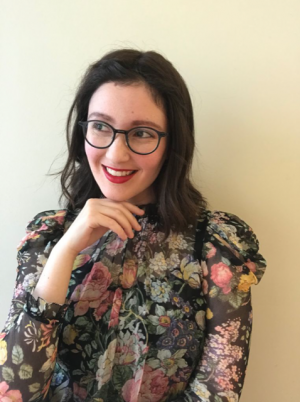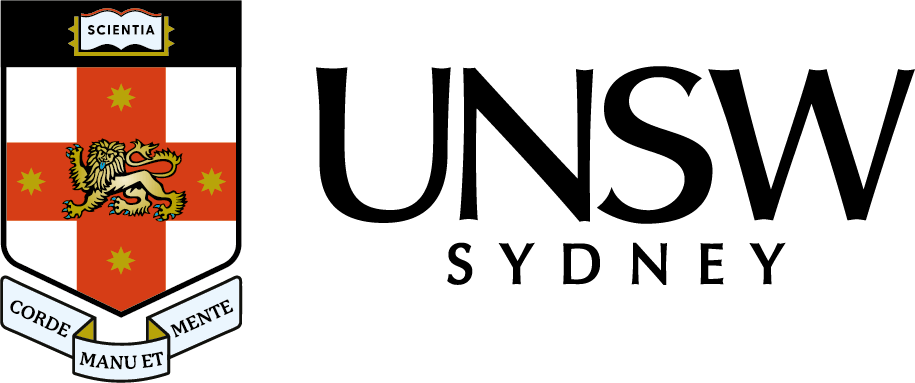In Concordance with Younan

Multi award winning composer Elizabeth Younan is the 2021- 2022 Layton Emerging Composer Fellow. As part of the Fellowship, the Layton Fellow works closely with Artistic Chair and renowned composer Paul Stanhope as mentor, alongside members of the Australia Ensemble UNSW to realise a new chamber work. Elizabeth is in the final stages of completing her new score Concord Concertino which will be recorded and fi lmed in May 2022, and showcased at the International Alliance of Women in Music conference in June. We recently interviewed Elizabeth about her exciting new work.
Tell us about yourself. I’m a composer from Sydney. I don’t usually go more than a day without listening to a few Bach chorales, and I love to read.
What has Layton Fellowship experience been like so far for you, and tell us about the mentorship with Artistic Chair and composer Paul Stanhope? The Layton Fellowship experience and process has been lively and fun. It’s wonderful to be mentored by Paul Stanhope—he provides a lovely mix of technical guidance and freedom of expression. I have fond memories of being taught by Paul in composition seminar a few times all the way back in my first year of undergrad at the Sydney Con (2012), so it’s great to reconnect ten years later.
Can you give us a little sneak look behind the scenes at what we can expect from your new work? My work is for clarinet, violin, viola, cello, and piano, and it is mostly music for music’s sake. In other words, it doesn’t draw upon an extra-musical source for its inspiration or construction. That is not to say, however, that the music lacks a narrative—it is the musical content itself which drives the work and creates an intriguing trajectory. The work is called Concord Concertino. “Concord” means “harmony,” “unity,” and I will leave it up to the audience to decide if they indeed think the instruments are working together as the title suggests, or if it will abide by the traditional “concerto” relationship of solo vs. “orchestra” and create irony. Concord, the place, also has significant meaning for me. “Concertino” describes the format and structure of the work, but it is also a little nod to Carl’s work. I also find the repetition of “Con” in both words satisfying.
You work will be premiered at the International Alliance of Women in Music conference in early June. How does it feel to be working with the Australia Ensemble UNSW musicians in May to record your new work for this event, and what are you looking forward to most? It’s great to reconnect with the Goldners, and I’m excited to meet Ian, David, and Geoffrey. My discovery of the Australia Ensemble UNSW was in 2014 through studying Carl Vine’s “Cafe Concertino.” I greatly admired the work and remember wondering if I could write for the ensemble someday, so this opportunity is special for me. I am also excited that the work will be presented at IAWM. I have recently started teaching composition and musicology at my high school, Santa Sabina College, and I am trying to inspire the students and be a role model for them. Even if they don’t pursue music professionally, I want to show them that if they work hard, they too can achieve and realise their dreams. So to have the work performed at the IAWM conference means a lot to me and I hope it also inspires young girls to have the courage to pursue composition if that is indeed their desire.
Why are fellowship programs like the Layton Emerging Composer Fellowship essential to the development and career journey of Australian composers. What does the fellowship mean to you and your path? When I was a student at the Curtis Institute our motto was “learn by doing” and I carry that with me in all that I do. Working with such eminent performers is invaluable for the development and career journey of Australian composers. Apart from studying composition with a teacher, this is the best way to improve and grow, and ideally write some great music while you’re at it!
